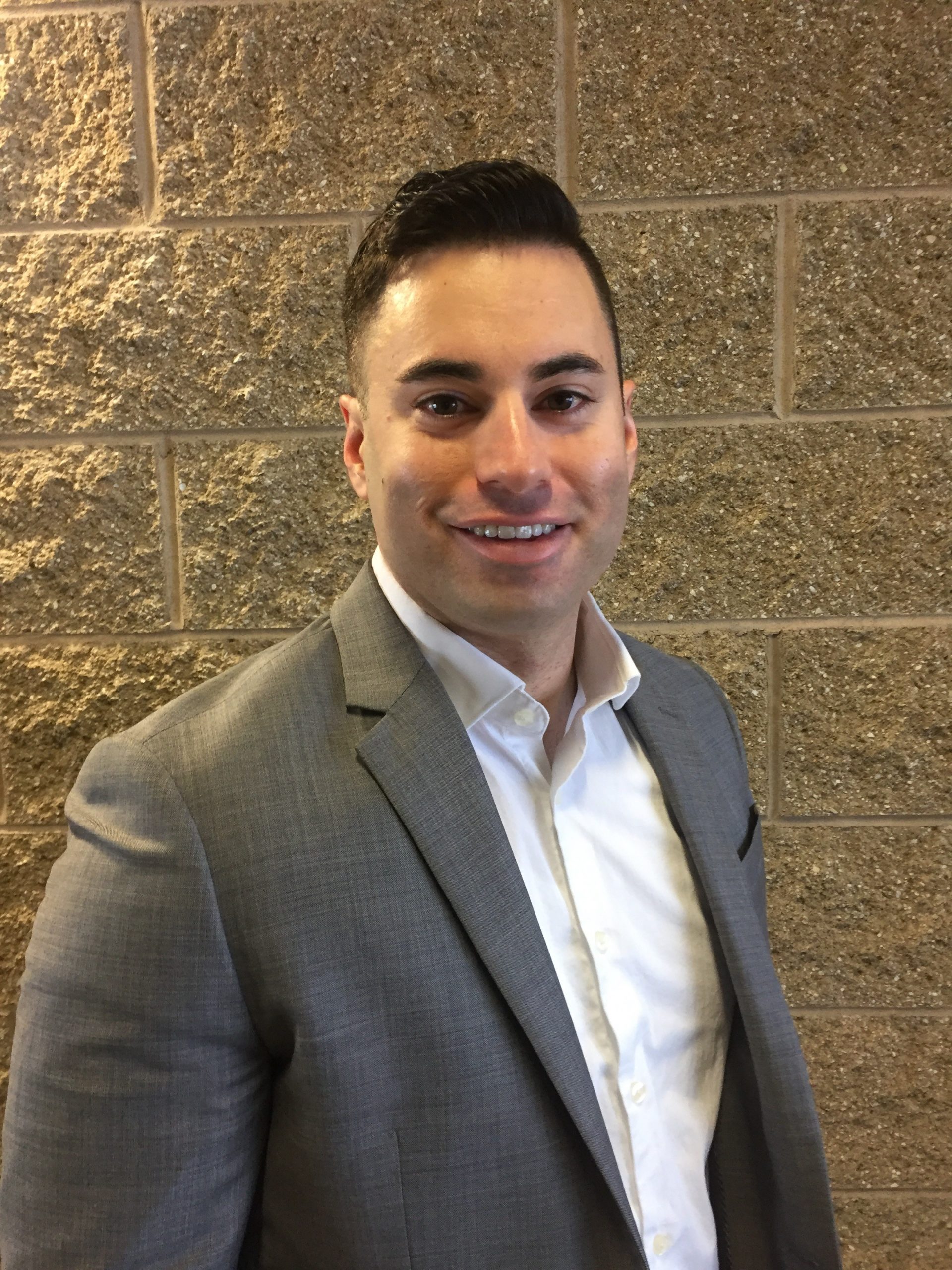Addiction treatment marketing helps connect people suffering from substance use disorders (SUDs) with the care that they need. But with a highly competitive landscape and strict regulations, effective marketing strategies must balance ethical responsibility with effective outreach.
The most successful campaigns typically focus on building trust, providing valuable information, and fostering a community that’s built around hope and support. There are many strategies available that rehab centers are free to utilize. But in today’s digital landscape, one of the most important tools to capitalize on is social media.
With millions of people scrolling through social platforms daily, social media marketing offers treatment providers a way to reach potential clients. However, marketing addiction treatment services comes with unique challenges that rehab centers should take note of.
Here, we are going to discuss social media marketing: how it works and how treatment centers can make the most of it to fulfill their mission of saving more lives. Let’s take a closer look.
Understanding the Role of Social Media in Addiction Treatment
Social media has become such an integral part of modern life that its influence now extends beyond entertainment and connecting with your friends. Now it plays a significant role in many different industries—including healthcare.
Addiction treatment is no exception. Treatment centers, professionals, and support groups now leverage social media to reach wider audiences and spread awareness about its importance. Used properly, it can reach and encourage people to get started on their journey to recovery.
Today, social media can be used to educate the public, fight stigma, and build supportive communities. It’s all about using these platforms effectively. If you are not using social media to promote your services, you are probably getting left behind by your competition. Here are some reasons to incorporate it into your marketing campaign:
Awareness and Education
Social media serves as a powerful tool for raising awareness about addiction, its effects, and available treatment options. These platforms allow organizations and professionals to share informative content through videos, infographics, and personal stories. They can help challenge the common misconceptions surrounding addiction and rehab, allowing more people to pursue treatment.
Educational campaigns on social media can reach millions, debunking myths and providing factual information, and making addiction recovery resources more accessible to those in need.
Community Building and Support
One of the most impactful aspects of social media in addiction treatment is its ability to foster a sense of community. Online support groups, forums, and dedicated pages provide a space for individuals in recovery to share their experiences so that they don’t feel alone in their struggles.
These communities allow members to offer encouragement to others while also receiving guidance from peers and professionals. Some of these platforms host recovery-focused groups where members can find 24/7 support, reducing their feelings of isolation and strengthening their commitment to sobriety.
Virtual communities complement traditional in-person support, making help available at any time. Because drug addiction is such an overwhelming condition, access to round-the-clock support is critical and social media fills that need.
Brand Credibility and Trust
For addiction treatment centers and professionals, establishing credibility on social media is one of the most important steps in connecting with potential clients. They can do this by regularly posting valuable content, sharing success stories, and engaging with followers. Testimonials from former clients who have benefited from treatment, along with expert insights from addiction specialists, can boost a treatment center’s reputation.
Lead Generation
Social media also plays a key role in connecting patients with the appropriate care for their condition, whether it’s inpatient rehab, partial hospitalization, medical detox, behavioral therapy, specialized treatment programs, etc.
By utilizing targeted advertising, SEO-optimized content, and strategic engagement, addiction treatment providers can attract people who are actively searching for help online. Social media’s vast reach allows treatment centers to engage with a larger audience, ultimately guiding more individuals toward the recovery resources they need.
Choosing the Right Platforms
Not all social media platforms are equally effective for addiction treatment marketing. The key to successful social media marketing is knowing where your audience is spending time online.
Each platform has unique strengths, user demographics, and content styles, making it essential to tailor your strategy accordingly. By understanding how each platform functions, treatment centers can ensure that their message resonates with more people. Here’s a breakdown of the most relevant ones:
Facebook remains one of the most powerful platforms for addiction treatment marketing due to its broad user base and robust community-building features. With groups, events, and targeted advertising, treatment centers can foster supportive online communities, share success stories, and provide educational content.
The platform’s ability to run highly targeted ads based on demographics, interests, and behaviors makes it an effective tool for reaching those in need of addiction recovery resources.
Instagram is a visually-driven platform, making it ideal for sharing inspiring recovery stories.
With features like Stories, Reels, and IGTV, treatment centers can create engaging short-form videos that highlight testimonials, wellness tips, and mindfulness practices. Keep in mind that the platform has a younger user demographic, making it particularly effective for reaching those who may be struggling with substance use early on and are looking for guidance.
YouTube
If Instagram is all about photos and reels, YouTube is all about videos and long-form content. It’s an excellent choice for addiction treatment marketing through educational videos, expert interviews, and personal recovery stories.
Video content can help demystify the treatment process by addressing common concerns. Videos are also naturally eye-catching, which means you can attract people’s attention and deliver as much information as possible within a short period of time.
Also remember that since YouTube is the second-largest search engine, it is necessary to optimize video titles, descriptions, and tags with relevant keywords so you can get your content in front of as many people as possible.
TikTok
TikTok’s rapid growth and focus on short-form video content make it an innovative space for addiction treatment marketing.
While it requires a creative and engaging approach, TikTok can be used to share quick recovery tips, motivational content, and myth-busting videos about addiction. The platform’s algorithm prioritizes content discovery, allowing treatment centers to reach a broader audience, including younger individuals who may be in the early stages of addiction or seeking peer-driven support.
LinkedIn is a key platform for networking within the addiction treatment industry. It works differently from the other platforms listed above as it mostly focuses on connecting professionals with one another and allowing them to expand their networks.
Treatment centers can use LinkedIn to establish authority by publishing thought leadership articles, engaging with healthcare professionals, and fostering partnerships. While not a direct platform for reaching those struggling with addiction, LinkedIn is invaluable for B2B marketing, referral relationships, and professional advocacy efforts within the recovery community.
Creating an Effective Social Media Strategy
To ensure you reach your target audience while maintaining credibility and compliance, your marketing efforts on social media require a thoughtful and ethical approach. A well-planned social media strategy can help build trust and educate your audience on important topics like the recovery process or the effects of drug abuse.
Without a clear strategy, efforts may be inconsistent, ineffective, or even in violation of advertising regulations, which can harm both your reputation and ability to help others. Here are some steps to incorporate into your comprehensive social media marketing campaign:
Define Your Goals
Before launching a social media campaign, it’s essential to establish clear and measurable goals. Are you looking to increase brand awareness, drive admissions, educate the public, or support families of those struggling with addiction? Defining your objectives will shape your content and engagement strategies, ensuring that your efforts align with your mission.
Develop a Content Plan
A diverse and well-structured content plan keeps your audience engaged and informed. As we mentioned earlier, educational content helps fight stigma. But at the same time, it establishes your organization as a trusted resource.
Your content calendar can include success stories and testimonials that highlight real-life recovery journeys. You can also publish behind-the-scenes content, including staff introductions and facility tours in order to add a personal touch that helps humanize your brand.
By mixing different content types, you create a well-rounded strategy that resonates with different segments of your audience.
Stay Compliant with Advertising Policies
Social media platforms have strict guidelines for advertising addiction treatment services to prevent misleading claims and unethical marketing practices. To stay compliant, ensure that all claims are evidence-based, avoid promising guaranteed results, and include proper disclaimers.
Platforms like Facebook and Google require certification through programs like LegitScript for addiction treatment ads. You will have to obtain the necessary approvals before you can use those platforms to run ads.
By adhering to these policies, you not only protect your organization from penalties but also maintain trust with your audience.
A well-executed social media strategy can make a significant difference in reaching and supporting those seeking help. By setting clear goals, creating engaging and informative content, and following compliance guidelines, you can use social media as a powerful tool for awareness, education, and outreach.
Ethical Considerations in Addiction Treatment Marketing
Although social media is ultimately another marketing strategy, there are ways to use it while maintaining ethical integrity and compliance. The reason this is important is because your target market includes vulnerable people suffering from SUDs as well as their concerned loved ones. Addiction treatment marketing is not just about selling your products and services—it’s about guiding people towards a drug-free life.
Ethical considerations in addiction treatment ensure that these vulnerable individuals receive accurate, honest, and responsible messaging. Treatment centers must avoid misleading claims like guaranteeing a “cure” or using manipulative tactics that exploit fear and desperation.
It is also important to be transparent about available services, success rates, costs, and potential risks. Giving people this kind of information helps them make smarter decisions when it comes to their recovery.
Ethical marketing—whether it’s on social media or anywhere else—should prioritize patient well-being over profit. You must avoid aggressive tactics that pressure individuals into treatment without proper evaluation of their needs.
Social media marketing, while powerful, raises specific ethical concerns in addiction treatment promotion.
Ethical marketers should ensure that content is educational, stigma-free, and supportive rather than sensationalized or fear-inducing. Influencer partnerships should be approached cautiously, avoiding endorsements that lack credibility or authenticity.
Finally, engagement strategies must respect boundaries—refraining from directly messaging those struggling with addiction and instead directing them toward professional resources. By prioritizing transparency, sensitivity, and responsible messaging, treatment providers can use social media ethically to spread awareness and connect people with legitimate support.
Measuring Success and Optimizing Performance
Just like any other marketing tactic, it is important to track your progress on social media to make sure your strategies are bringing the results you need. This helps you refine your campaign based on what is working and what needs adjustment. Key metrics to monitor include:
- Engagement Rate (likes, comments, shares)
- Follower Growth (increase in audience size)
- Click-Through Rate (CTR) (how often people click on your links)
- Conversion Rate (leads generated from social media efforts)
Use tools like Google Analytics, Facebook Insights, and Hootsuite to measure performance and optimize your social media marketing efforts accordingly.
The Future of Addiction Treatment Social Media Marketing
As social media evolves, so do marketing strategies. Addiction treatment centers must continuously adapt their marketing strategies to effectively reach and support people in need of recovery programs.
The future of social media marketing in this field will be driven by innovative technology and authentic engagement. Key trends such as AI-driven chatbots, live video streaming, and influencer collaborations will play a crucial role moving forward.
AI-powered chatbots are transforming the way addiction treatment centers interact with potential clients. These intelligent tools can provide instant responses to inquiries, offer resources, and guide people toward professional help 24/7. Patients no longer have to wait before they can set up a meeting.
Similarly, live video streaming provides another channel for engaging with your audience through real-time discussions, Q&A sessions, and educational content. This format fosters genuine connections and allows viewers to interact directly with professionals and peers in the recovery community.
Lastly, we can expect influencers to play an even bigger role in the future. Rehab centers should partner with more influencers and advocates who have personal or professional experience with addiction as this can amplify their message.
These collaborations bring authenticity and relatability, which helps bridge the gap between those who need treatment and the programs that can help them.
Work with MasterMindSEO
Social media marketing for addiction treatment centers is a powerful tool, but it requires a thoughtful, ethical, and strategic approach. By focusing on education, community engagement, and compliance, treatment centers can connect with those in need while building a trustworthy brand. With the right strategy, social media can do more than market services—it can change lives.
At the end of the day, marketing an addiction treatment center is about earning trust and providing value. You need more than social media to achieve your marketing goals in this industry. A well-rounded strategy that combines SEO, paid ads, content marketing, and ethical outreach, can help you connect with more people who want to get started on their road to recovery.
Work with a company you trust so that you can craft a marketing strategy that reaches those who need your services the most.
MasterMindSEO has experience in performing digital marketing campaigns for e-commerce, national, regional and local businesses. Email or call and we will be happy to see how we can help your center get more leads and help more patients!
Ready to take your addiction treatment SEO to the next level? Want to rank your detox center on Google Maps? Let MasterMindSEO help you.


